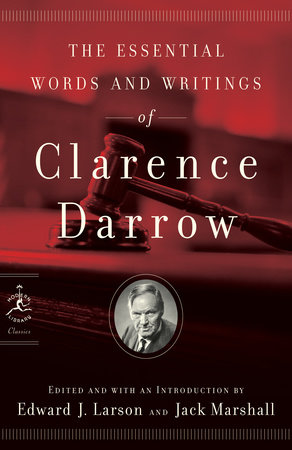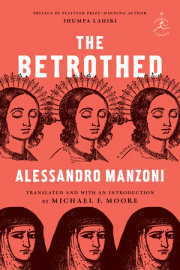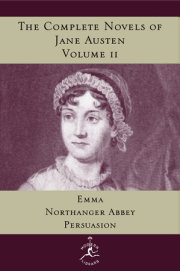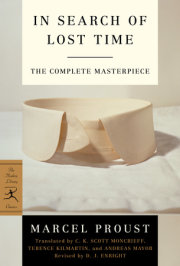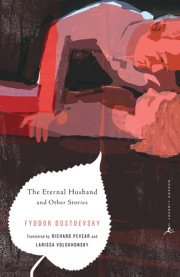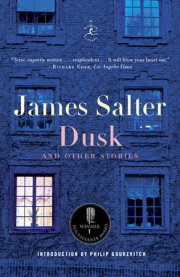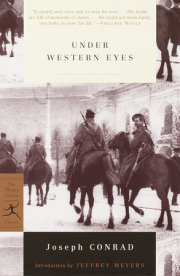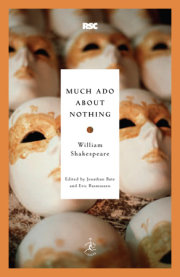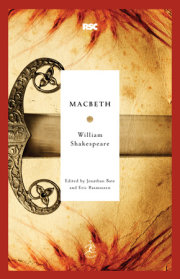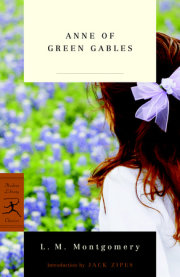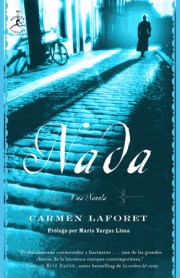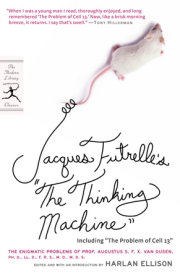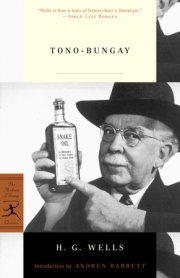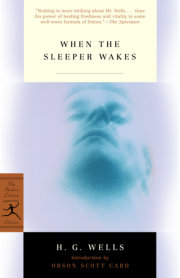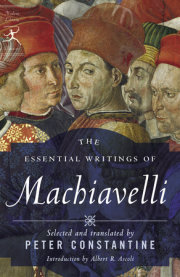chapter 1
Lectures, Speeches, and Addresses
Autobiographical Introduction From Clarence Darrow, The Story of My Life, Chapter 5, “I Make a Hit” (1932)
I came to Chicago in 1888. Soon after my arrival I joined the Single Tax Club, and took part in the second Grover Cleveland campaign, then going on. This club met regularly every week for several years. In due time I realized that at every meeting the same faces appeared and reappeared, week after week, and that none of them cared to hear anything but a gospel which they all believed. It did not take long for Single Tax to become a religious doctrine necessary to salvation. But, the Single Tax Club furnished a forum for ambitious young lawyers to win a hearing in; and I generally participated in the debates, which led to my speaking at ward meetings and other public gatherings from time to time. . . .
One night I was asked to speak at a West Side meeting, called to discuss some civic problem. The leading speaker was William B. Mason, who was at that time a state senator, and afterwards became a United States senator. I had long wanted the newspapers to notice my existence, but the reporters refused to even look at me. I entered the theater through the back door and noted with joy that the place was packed. In front of the stage were a half-dozen or more newspaper reporters that gladdened my heart. Easily I sized up the situation and felt that my time had come. After a few preliminaries I was introduced amidst loud calls for Mason. I looked around and over at the audience, trying to gain their attention. The eyes can be very useful for quelling an audience or forcing people to focus on a speaker. I made my speech. I feel sure that it was not very bad. Probably not bad enough. I could see that the audience was waiting for William B. Mason, so I took no chances in delaying them too long. But the one thing that forcibly impressed me while I spoke was that not one of the newspaper men wrote a single line. They leaned back in their chairs and glanced at me with the complacent and sophisticated countenances of newspaper men. They knew why they were there, and whom their editors and the public would want to read about the next day. When I sat down there was slight applause. No speaker can get along without at least a little of that. Such approval as was manifested by the politest and kindliest there was drowned in the cries for “Mason!” They had come to hear him and were not interested in waiting. . . .
After the meeting at the West Side hall I was in gloom amounting almost to despair. If it had been possible I would have gone back to Ohio; but I didn’t want to borrow the money, and I dreaded to confess defeat. I did not then know the ways of Fate. I did not know that Fortune comes like the day, sometimes filled with sunshine, sometimes hidden in gloom. I had not then learned that one must accept whatever comes along without regret; that he must not take either gratification or disappointment too seriously. I did not know, as Bret Harte put it, that the only sure thing about luck is that it will change. And luck can change as suddenly as daylight and darkness in a tropical land.
Soon after the blow in connection with the West Side meeting a “Free Trade Convention” was staged in Chicago. The closing session was held in Central Music Hall, at that time the most popular auditorium in the city; Henry George was to be the big drawing-card. Mr. George was then in the zenith of his power. I was invited to appear on the same programme. The great auditorium was packed, to my satisfaction. I looked out upon the audience with renewed hope. Every Single Taxer in Chicago seemed to be present, and a great throng besides. Mr. George was the first speaker, which looked ominous to me. I was afraid of either the first or last place; either one seemed fraught with peril. No one knew the tariff question better than Henry George. More than this, he was a strong idealist, and had the audience in his grasp from the first moment to the last. Every one but me was carried away with his able address. I was disappointed. I was sorry that it was so good. I twitched nervously in my chair until he had finished and the applause began to die away. I felt that after his wonderful address I would not be able to hold the audience. I realized that the crowd had come to hear him, and that but a few among them had ever heard of me.
When the applause subsided people began getting up and going away. The show was over. I said to the chairman, “For goodness sake get busy before every one leaves the house!” Quickly he introduced me, and my friends paused and did their best to give me a good reception. I had discovered enough about public speaking to sense that unless a speaker can interest his audience at once, his effort will be a failure. This was particularly true when following a speaker like Henry George, so I began with the most striking phrases that I could conjure from my harried, worried brain. The audience hesitated and began to sit down. They seemed willing to give me a chance. I had at least one advantage; nothing was expected of me; if I could get their attention it would be easier than if too much was expected. Not one in twenty of the audience knew much about me. As a matter of fact, I had taken great pains to prepare my speech. The subject was one that had deeply interested me for many years, one that I really understood. In a short time I had the attention of the entire audience, to my surprise. Then came the full self-confidence which only a speaker can understand; that confidence that is felt as one visits by the fireside, when he can say what he pleases and as he pleases; when the speaker can, in fact, visit with the audience as with an old-time friend. I have no desire to elaborate on my talk, but I know that I had the people with me, and that I could sway those listeners as I wished.
But the crowning triumph had come as I warmed to my subject and waxed earnest in what I had to say, and became aware that the newspaper men down in front were listening, and were plying their pencils, recording my words, or seeming to record them, as fast as they shot past. When I finally finished, the audience was indeed generous and encouraging with its applause and appreciation. Henry George warmly grasped my hand. My friends and others came around me, and it was some time before I could leave the stage.
I have talked from platforms countless times since then, but never again have I felt that exquisite thrill of triumph after a speech. This was forty years ago, and even now I occasionally meet some one who tells me that he heard my speech at Central Music Hall the night I was there with Henry George.
Main Selection
Clarence Darrow, “Crime and Criminals” An address delivered to prisoners in the Cook County Jail, Chicago, Illinois (1902)
If I looked at jails and crimes and prisoners in the way the ordinary person does, I should not speak on this subject to you. The reason I talk to you on the question of crime, its cause and cure, is because I really do not in the least believe in crime. There is no such thing as a crime as the word is generally understood. I do not believe there is any sort of distinction between the real moral condition of the people in and out of jail. One is just as good as the other. The people here can no more help being here than the people outside can avoid being outside. I do not believe that people are in jail because they deserve to be. They are in jail simply because they cannot avoid it on account of circumstances which are entirely beyond their control and for which they are in no way responsible.
I suppose a great many people on the outside would say I was doing you harm if they should hear what I say to you this afternoon, but you cannot be hurt a great deal anyway, so it will not matter. Good people outside would say that I was really teaching you things that were calculated to injure society, but it’s worth while now and then to hear something different from what you ordinarily get from preachers and the like. These will tell you that you should be good and then you will get rich and be happy. Of course we know that people do not get rich by being good, and that is the reason why so many of you people try to get rich some other way, only you do not understand how to do it quite as well as the fellow outside.
There are people who think that everything in this world is an accident. But really there is no such thing as an accident. A great many folks admit that many of the people in jail ought not to be there, and many who are outside ought to be in. I think none of them ought to be here. There ought to be no jails, and if it were not for the fact that the people on the outside are so grasping and heartless in their dealings with the people on the inside, there would be no such institution as jails.
I do not want you to believe that I think all you people here are angels. I do not think that. You are people of all kinds, all of you doing the best you can, and that is evidently not very well—you are people of all kinds and conditions and under all circumstances. In one sense everybody is equally good and equally bad. We all do the best we can under the circumstances. But as to the exact things for which you are sent here, some of you are guilty and did the particular act because you needed the money. Some of you did it because you are in the habit of doing it, and some of you because you are born to it, and it comes to be as natural as it does, for instance, for me to be good.
Most of you probably have nothing against me, and most of you would treat me the same as any other person would; probably better than some of the people on the outside would treat me, because you think I believe in you and they know I do not believe in them. While you would not have the least thing against me in the world you might pick my pockets. I do not think all of you would, but I think some of you would. You would not have anything against me, but that’s your profession, a few of you. Some of the rest of you, if my doors were unlocked, might come in if you saw anything you wanted—not out of malice to me, but because that is your trade. There is no doubt there are quite a number of people in this jail who would pick my pockets. And still I know this, that when I get outside pretty nearly everybody picks my pocket. There may be some of you who would hold up a man on the street, if you did not happen to have something else to do, and needed the money; but when I want to light my house or my office the gas company holds me up. They charge me one dollar for something that is worth twenty-five cents, and still all these people are good people; they are pillars of society and support the churches, and they are respectable.
When I ride on the street cars, I am held up—I pay five cents for a ride that is worth two and a half cents, simply because a body of men have bribed the city council and the legislature, so that all the rest of us have to pay tribute to them.
If I do not wish to fall into the clutches of the gas trust and choose to burn oil instead of gas, then good Mr. Rockefeller holds me up, and he uses a certain portion of his money to build universities and support churches which are engaged in telling us how to be good.
Some of you are here for obtaining property under false pretenses—yet I pick up a great Sunday paper and read the advertisements of a merchant prince—“Shirt waists for 39 cents, marked down from $3.00.”
When I read the advertisements in the paper I see they are all lies. When I want to get out and find a place to stand anywhere on the face of the earth, I find that it has all been taken up long ago before I came here, and before you came here, and somebody says, “Get off, swim into the lake, fly into the air; go anywhere, but get off.” That is because these people have the police and they have the jails and judges and the lawyers and the soldiers and all the rest of them to take care of the earth and drive everybody off that comes in their way.
A great many people will tell you that all this is true, but that it does not excuse you. These facts do not excuse some fellow who reaches into my pocket and takes out a five dollar bill; the fact that the gas company bribes the members of the legislature from year to year, and fixes the law, so that all you people are compelled to be “fleeced” whenever you deal with them; the fact that the street car companies and the gas companies have control of the streets and the fact that the landlords own all the earth, they say, has nothing to do with you.
Copyright © 2007 by Clarence Darrow. All rights reserved. No part of this excerpt may be reproduced or reprinted without permission in writing from the publisher.

